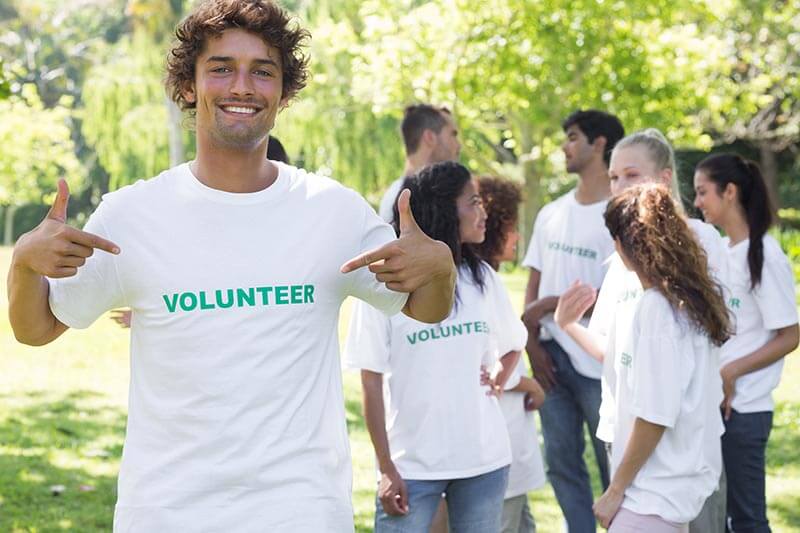It will, though. What is gained through community service or volunteer experience reaches far beyond the amount of time spent involved in the activity. Volunteer and community service experience affects your child’s resume, social skills, self-esteem, and sense of community, all in positive ways.
Gain Employment Experience
Every time your young adult participates in community service or volunteer activities, he or she gains a new skill or improves one he or she already had. These skills can be added to your young adult’s resume when they are ready to start their job search. They won’t be starting their job search after school with no employment history, either, which gives them an edge over other people in similar situations.
While they’re learning new skills, they’re also learning about potential jobs in the community and industries they may have not been aware existed. They may find a career that excites them, which could result in more drive to finish school and get a job.
At the same time, these activities allow your young adult the opportunity to find references. He or she can ask those running the activities for references after the work is completed.
Networking
The people in charge of the activities aren’t the only ones your young adult will meet. While they are volunteering, he or she will come into contact with a range of people. Every person he or she speaks to is another person who may know of a job opening, an apartment for rent, or another opportunity that would be good for your young adult.
Developing Social Skills
While meeting new people through the activity, your young adult will continue to develop his or her social skills. These new exposures are likely to be in unfamiliar scenarios, so provide plenty of practice for how to read body language, approach people, and start conversations. With every moment spent performing community service, your young adult becomes more confident about continuing to engage socially.
He or she will also feel more connected and involved in the community and the work will give him or her a sense of accomplishment when completed. With those feelings, he or she will be more likely to remain involved.
Reduce Substance Abuse
According to Molly Latham of University of Nevada-Reno Cooperative Extension, youth who volunteer are 50% less likely to engage in drinking alcohol. If your young adult has had a problem with alcohol in the past, or you suspect one, volunteering and community service are good ways to fill time and keep your young adult away from future problems.
Let Your Young Adult Participate
So give your young adult the chance to learn new skills, meet new people, and build the network he or she needs to be successful for the rest of his or her life. You will both be happy with the results.
CTA: Learn about the other ways NDFYA helps your child prepare for a career




